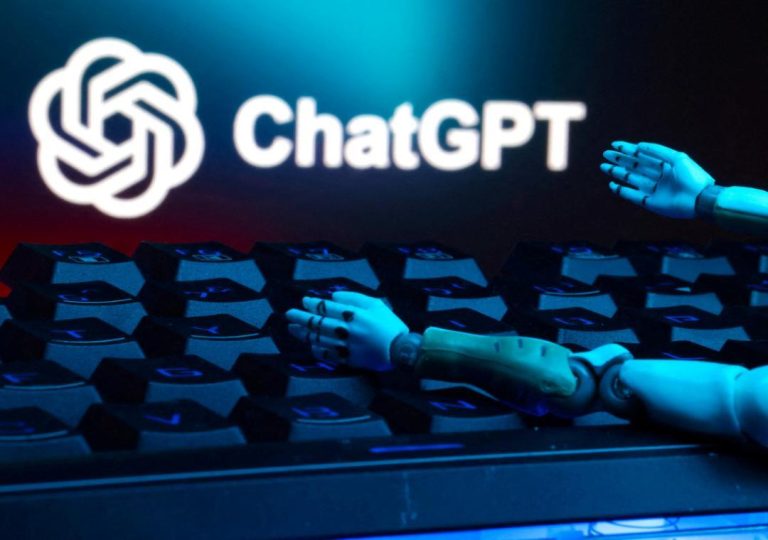
Microsoft Launches Dragon Copilot, AI Assistant for Healthcare
In a significant move to revolutionize the way healthcare professionals work, Microsoft has launched Dragon Copilot, an AI-powered voice assistant designed to simplify clinical workflows and make a significant impact on the lives of doctors and medical professionals. This innovative tool combines cutting-edge speech recognition technology with generative AI, enabling healthcare professionals to focus on what matters most – patient care.
With Dragon Copilot, healthcare professionals can now communicate more efficiently, accurately, and securely with their teams, patients, and electronic health records (EHRs). This AI assistant has been designed to seamlessly integrate with existing systems, reducing the administrative burden on healthcare professionals and allowing them to dedicate more time to direct patient care.
How Dragon Copilot Works
Dragon Copilot uses a combination of speech recognition and natural language processing (NLP) to understand and respond to voice commands. This allows healthcare professionals to quickly and easily capture patient information, document treatment plans, and communicate with colleagues and patients. The AI assistant can also generate complex reports, summaries, and letters, freeing up clinicians to focus on high-value tasks.
The AI-powered voice assistant is trained on a vast amount of medical data, enabling it to understand medical terminology, abbreviations, and concepts. This means that Dragon Copilot can accurately capture and transcribe patient information, reducing the risk of errors and improving the overall quality of care.
Key Features of Dragon Copilot
Dragon Copilot offers a range of features that make it an indispensable tool for healthcare professionals. Some of the key features include:
- Speech-to-Text: Dragon Copilot uses advanced speech recognition technology to capture patient information, medical notes, and other clinical data.
- Natural Language Processing: The AI assistant uses NLP to understand the context and meaning of voice commands, ensuring accurate transcription and minimizing errors.
- Generative AI: Dragon Copilot can generate complex reports, summaries, and letters, reducing the administrative burden on healthcare professionals.
- Integration with EHRs: The AI assistant seamlessly integrates with existing EHR systems, allowing healthcare professionals to access patient information and update records in real-time.
- Security and Compliance: Dragon Copilot is designed to ensure data privacy and compliance with healthcare regulations, following Microsoft’s Secure Future Initiative.
Benefits of Dragon Copilot
The launch of Dragon Copilot is expected to have a significant impact on the healthcare industry. Some of the key benefits of this AI assistant include:
- Improved Efficiency: Dragon Copilot can streamline clinical workflows, reducing the time spent on administrative tasks and allowing healthcare professionals to focus on direct patient care.
- Enhanced Accuracy: The AI assistant’s advanced speech recognition and NLP capabilities ensure accurate transcription and minimize errors, improving the overall quality of care.
- Better Patient Outcomes: By freeing up healthcare professionals to focus on high-value tasks, Dragon Copilot can lead to better patient outcomes and improved patient satisfaction.
- Cost Savings: The AI assistant can help reduce costs by minimizing the need for manual data entry, reducing paper waste, and improving operational efficiency.
Conclusion
The launch of Dragon Copilot marks a significant milestone in the development of AI-powered voice assistants for healthcare. This innovative tool has the potential to revolutionize the way healthcare professionals work, improving efficiency, accuracy, and patient outcomes. With its advanced speech recognition and generative AI capabilities, Dragon Copilot is an indispensable tool for any healthcare organization looking to improve its clinical workflows and enhance patient care.
Source:






